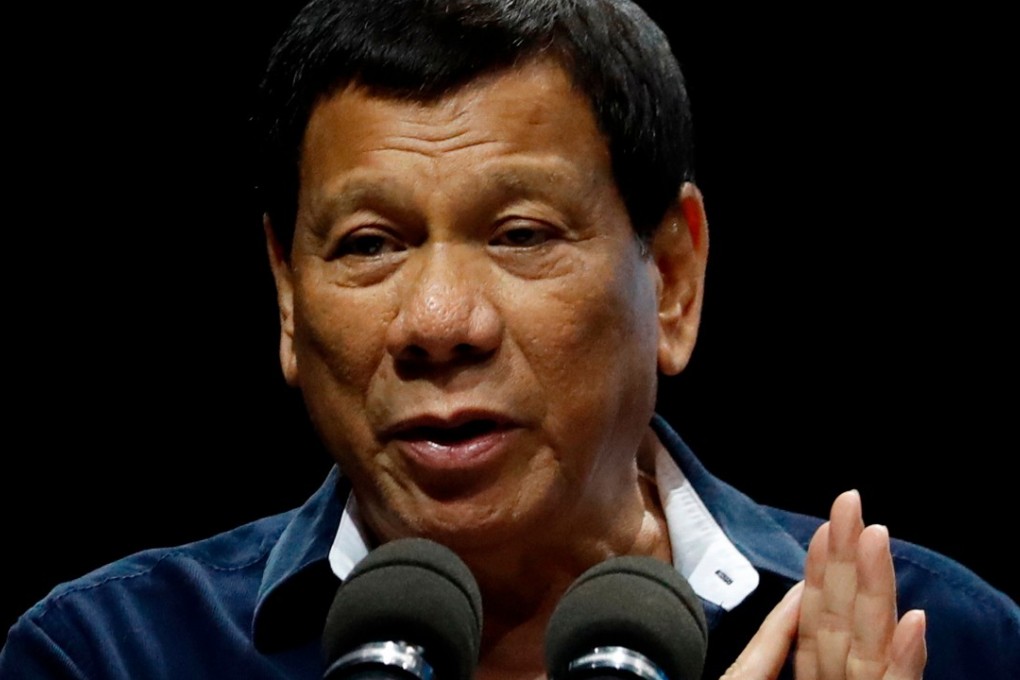Opinion | How China’s military play in disputed waters could torpedo Rodrigo Duterte’s foreign policy shift
Richard Heydarian writes that the fate of the Philippine president’s post-America foreign policy likely is to be decided by what happens in the contested South China Sea

For almost two years, Philippine President Rodrigo Duterte has painstakingly moved to normalise bilateral relations with China. A consummate pragmatist, the mayor-turned-president views the Asian powerhouse as an emerging superpower to be reckoned with.
For him, American hegemony in Asia is a geopolitical anomaly, the accidental upshot of two global wars in the early 20th century and headed towards an inexorable decline.
Philippines, US hold biggest military drills seen during Duterte’s rule
By contrast, China, according to Duterte, is an age-old geographical reality that simply can’t be ignored. If anything, it needs to be viewed as an indispensable partner for national development in the Philippines and across Southeast Asia.
Yet, the blossoming bilateral relationship is far from impregnable. China’s assertiveness within the Philippines’ claimed waters could torpedo the president’s hopes of reorienting his country’s foreign policy calculus.

In recent days, China’s reported deployment of surface-to-air-missile and anti-cruise ballistic missile systems in territory claimed by the Philippines has rekindled a ferocious policy debate in Manila.
